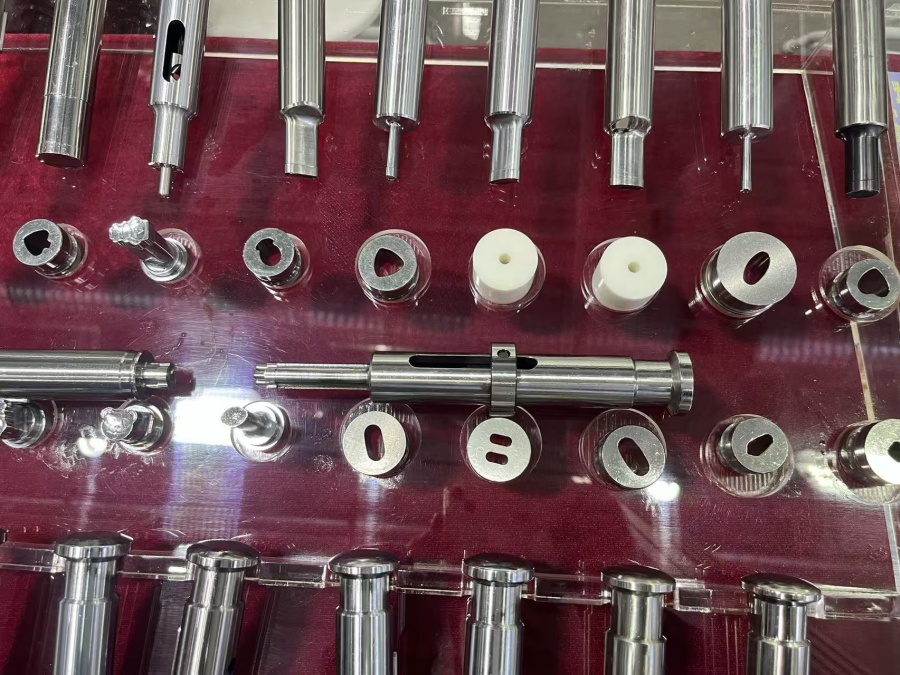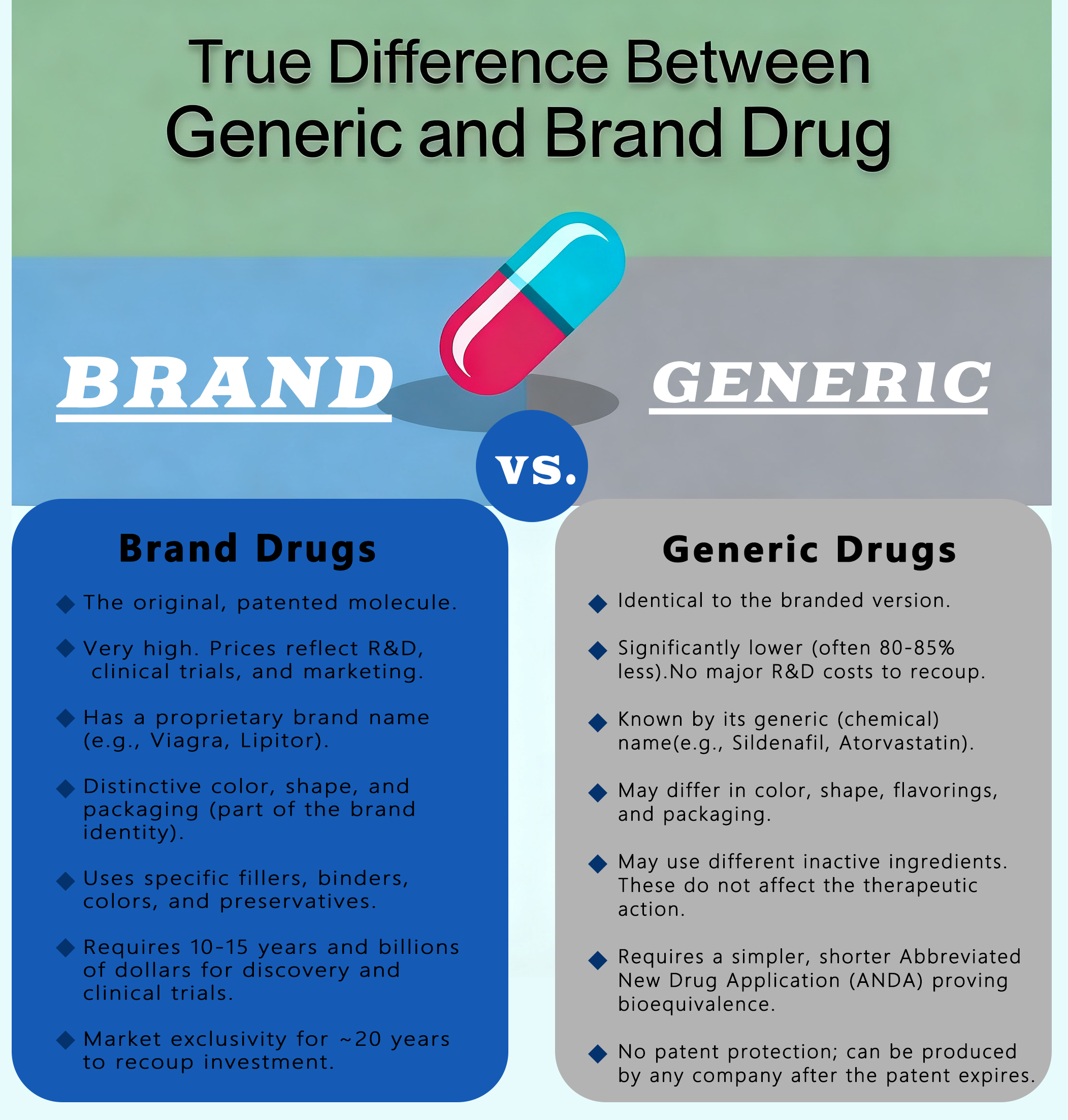In the pharmaceutical industry, even a small mistake can lead to huge risks. That’s why companies rely on Standard Operating Procedures (SOPs).

SOPs in the pharmaceutical industry are not just paperwork; it’s a system that keeps processes consistent, safe, and compliant. Without clear SOPs, employees may perform the same task differently, resulting in errors or regulatory issues.
If you’re unsure what it is or how to build one for your company, read on.
What Is an SOP in the Pharmaceutical Industry?
SOPs in the pharmaceutical industry are a written set of step-by-step instructions that explain how specific tasks should be carried out in a consistent and controlled way. It is not just documentation; it is the backbone of daily operations.

Every process, from cleaning equipment to testing samples, must be performed consistently and accurately each time. SOPs make sure that happens. They reduce errors, improve efficiency, and protect patient safety by ensuring medicines are produced and tested under strict standards.
That’s why SOPs are so important. In 2023 alone, the FDA issued 180 warning letters to manufacturers. Out of those, 38 were because of failures to establish proper SOPs. This shows how many companies still don’t have the right SOPs in place to keep things consistent.
Importance of SOPs in the Pharmaceutical Industry
SOPs are essential tools that ensure processes are consistent, safe, and compliant with global regulations, including those of the FDA, EMA, and WHO.
One of the biggest reasons SOPs matter is because of compliance. Regulators expect pharmaceutical companies to demonstrate that every step in pharmaceutical production, testing, and distribution follows written instructions. A missing SOP can mean failed audits, product recalls, or even shutdowns.
These standards also help with training. When new employees join, SOPs serve as clear guides, reducing the learning curve and ensuring they adhere to the same high standards as experienced staff. This saves time and reduces costly mistakes.
Core Elements of SOPs in the Pharma Industry
Before crafting an SOP, it’s crucial to know what makes it reliable, compliant, and clear. Strong SOPs remove guesswork, build consistency, and protect both your products and your reputation.
1. Clear Purpose and Scope
Every SOP should start by stating what the procedure is for and why it matters. This simple introduction helps employees quickly recognize when and how to apply it. It also streamlines audits to ensure reviewers understand the SOP’s intent right away.
2. Step-by-Step Instructions in Plain Language
The heart of any SOP is clear, sequenced steps. Use simple language and action verbs to guide users through tasks. Technical jargon should be limited or defined clearly.
3. Defined Roles and Responsibilities
Each action needs an owner. This section clearly states who does what, from performing tasks to approving results. When responsibilities are transparent, GMP compliance becomes stronger, and accountability is easier to manage during inspections.
4. Built-in Training and Audit References
SOPs that include training steps or references help embed knowledge across your team. They serve as both job guides and audit evidence. Studies also show that human error accounts for over 80% of process deviations in pharma manufacturing.

Five Types of SOPs in the Pharmaceutical Industry
Here’s a quick overview of the five types of SOPs in the pharmaceutical industry:
| SOP Types | Purpose | Why It’s Important |
| Manufacturing SOPs | Guide drug production processes | Prevents GMP deficiencies and ensures product consistency |
| Quality Control SOPs | Ensure batch quality through testing and sampling | Top FDA focus area during inspections |
| Cleaning and Sanitation SOPs | Maintain a sterile environment | Prevents contamination and costly product recalls |
| Documentation SOPs | Standardize record-keeping practices | Ensures traceability and compliance proof |
| Safety and Emergency SOPs | Protect staff and facilities in emergencies | Reduces workplace accidents and health risks |
Regulatory Requirements for SOPs
In the pharmaceutical industry, SOPs aren’t just best practice; they’re a regulatory requirement. Agencies like the FDA, EMA, and ICH expect companies to have clear, controlled, and consistently followed procedures. Let’s discuss what you should be aware of.
1. FDA, EMA, and ICH Guidelines
The U.S. FDA (21 CFR Part 211), the European Medicines Agency (EMA), and the International Council for Harmonisation (ICH Q10) all emphasize the role of SOPs in maintaining product safety and consistency.
This shows that regulators take SOP compliance very seriously. Keeping that in mind, make sure you have consistent SOPs written for your employees.
2. GxP Compliance Link
SOPs are the backbone of GxP (Good Manufacturing, Laboratory, and Clinical Practices). Without documented procedures, companies cannot demonstrate that processes are consistent and controlled.
For instance, weaknesses in documentation have been tied to 24% of global recalls. This underscores why well-maintained SOPs are non-negotiable.
3. How Regulators Audit SOPs
Inspectors don’t just look for SOPs; they check whether teams actually follow them. Regulators often use on-the-spot testing or follow tasks to verify compliance.
Any discrepancy between written procedures and actual practices can result in a warning letter, even if the documents are in place.
Best Practices for Writing Effective SOPs in the Pharmaceutical Industry
SOPs are only useful if people can understand and follow them. Many pharma companies make the mistake of overcomplicating procedures, which creates confusion instead of clarity. Remember, the best SOPs are practical and designed to be used every day.
1. Keep It Clear and Simple
An SOP should not feel like a textbook. It should guide employees step by step in a way that is easy to read and apply. Using short sentences, clear instructions, and straightforward formatting makes it easier for staff to follow procedures without confusion.
2. Train Employees Regularly
Even the best-written SOP won’t help if employees aren’t familiar with it. Regular training sessions ensure that staff understand what’s expected of them and can apply it correctly in their daily work. Training also reinforces good habits and helps new team members get up to speed quickly.
3. Use Digital Tools for Document Control
Managing SOPs manually can lead to mix-ups or outdated instructions being used. Digital tools make it easier to update documents, track changes, and give employees quick access to the latest versions. This keeps everyone aligned and reduces the chances of errors caused by outdated information.
Strong SOPs Need Strong Support System
Even the best SOPs in the pharmaceutical industry won’t help much if your equipment is outdated or inefficient.
That’s where Finetech comes in.
With over 30 years of experience, we provide advanced, eco-friendly pharmaceutical machinery designed to make your SOPs easier to implement. From capsule filling to blister packaging, our equipment reduces errors.
Contact Finetech today to find the perfect pharmaceutical equipment solution!
FAQs
1. Who is responsible for writing SOPs in pharma companies?
Usually, managers or quality assurance teams draft SOPs. They know the process in detail and make sure instructions are clear. However, input from the staff who actually perform the task is also important, as they provide practical feedback on what works best.
2. What happens if employees don’t follow SOPs?
Not following SOPs can lead to errors in medicine production, safety risks, and regulatory violations. It may also result in product recalls or legal penalties. This is why training and strict enforcement are crucial in pharma operations.
3. Are SOPs the same for every pharmaceutical company?
No. While regulatory guidelines are similar, each company designs SOPs based on its own processes, equipment, and environment. For example, one company may have an SOP for capsule filling, while another may focus on tablet coating.




